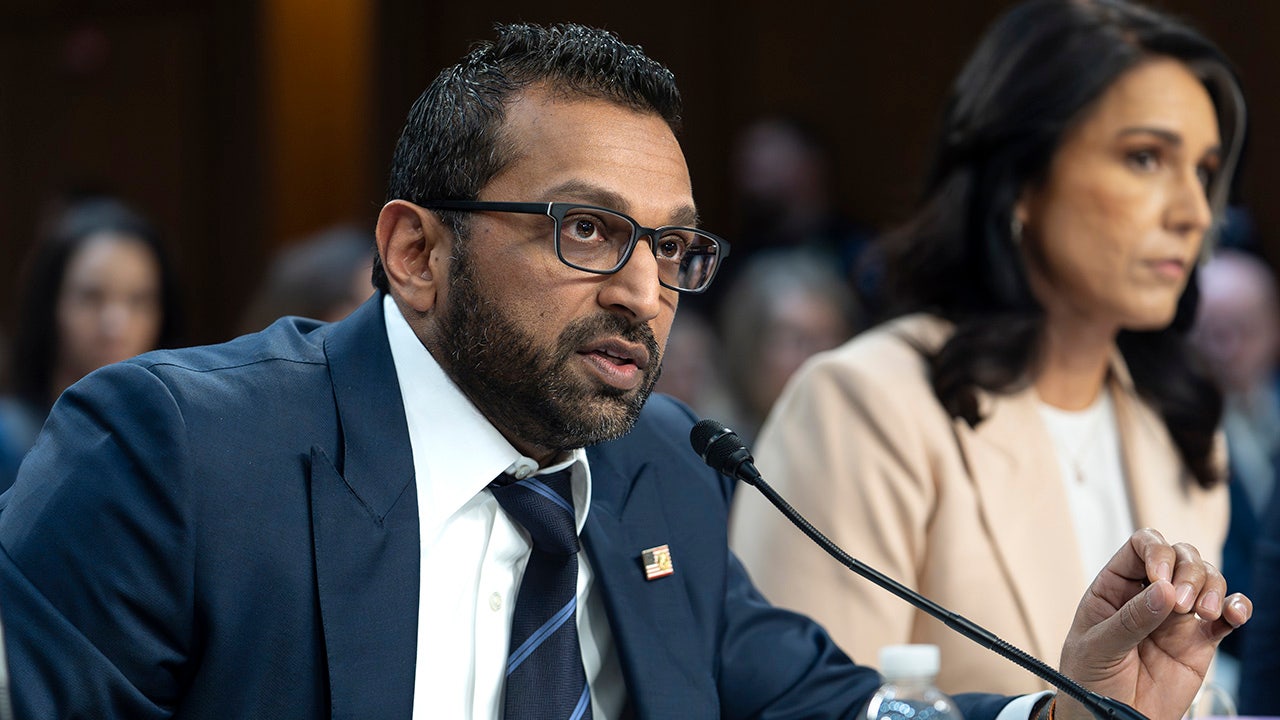NEW DELHI/ISLAMABAD — India and Pakistan on Saturday confirmed a ceasefire agreement following U.S.-brokered talks aimed at ending the most serious confrontation between the nuclear-armed neighbors in decades.
The ceasefire follows weeks of cross-border missile and drone strikes triggered by an April 22 gun attack on tourists in Indian-controlled Kashmir that left 26 dead.
India blames Pakistan for backing the assailants, a charge Islamabad denies. Dozens of civilians have been killed on both sides during the escalation.
U.S. President Donald Trump was the first to announce the truce, posting on his Truth Social platform that both countries had agreed to a "full and immediate ceasefire."
“Congratulations to both countries on using common sense and great intelligence. Thank you for your attention to this matter,” Trump wrote.
Pakistan’s Foreign Minister Ishaq Dar had stated earlier Saturday that Pakistan would consider de-escalation if India halted further strikes. “If they stop here, we will also consider stopping,” he told Pakistan’s Geo News, warning that any renewed Indian attack would trigger a response.
Dar also said he conveyed this position to U.S. Secretary of State Marco Rubio, who had spoken with New Delhi before contacting Islamabad.
India’s military said it conducted airstrikes targeting Pakistani air bases after Islamabad launched several high-speed missiles at military and civilian infrastructure in India’s Punjab state. Pakistan stated that it intercepted most of the missiles and responded with retaliatory strikes.
The Indian military held a press briefing in New Delhi Saturday, stating that Pakistan had targeted health facilities and schools at three air bases in Indian-controlled Kashmir. “A befitting reply has been given,” said Indian Col. Sofiya Qureshi.
Wing Commander Vyomika Singh said India remained committed to "non-escalation" but noted Pakistani ground forces were mobilizing near the border, which she described as “offensive intent.” Singh said Indian forces carried out "precision strikes" on military targets such as radar sites and technical infrastructure.
Pakistan’s military reported using medium-range Fateh missiles to strike Indian missile storage facilities and air bases in Pathankot and Udhampur. Pakistani Army spokesman Lt. Gen. Ahmad Sharif said Pakistan’s air assets remained intact.
Indian missiles also reportedly targeted Nur Khan air base in Rawalpindi, Murid air base in Chakwal, and Rafiqui air base in Jhang, according to Pakistan’s military. There were no immediate civilian casualty reports from the strikes.
Explosions were reported across Indian-controlled Kashmir, including in Srinagar, Jammu, and Udhampur. Residents described intense booms near military installations.
“These explosions are different from the ones we heard the last two nights during drone attacks,” said Shesh Paul Vaid, a former police chief and resident of Jammu. Residents near Srinagar Airport, which doubles as an air base, reported their homes shaking.
“I was already awake, but the explosions jolted my kids out of their sleep. They started crying,” said Srinagar resident Mohammed Yasin.
The recent violence has caused destruction on both sides of the border. In Indian-controlled Kashmir, powerful blasts damaged homes, ripped off roofs and shattered windows. In Pakistan-controlled Kashmir, villagers surveyed damage from Indian shelling and helped retrieve victims from rubble.
The United States, through Secretary Rubio and other diplomatic channels, urged both sides to maintain the ceasefire and resume direct communication to avoid further miscalculation. — Agencies
.png)
 German (DE)
German (DE)  English (US)
English (US)  Spanish (ES)
Spanish (ES)  French (FR)
French (FR)  Hindi (IN)
Hindi (IN)  Italian (IT)
Italian (IT)  Russian (RU)
Russian (RU)  4 hours ago
1
4 hours ago
1









Comments